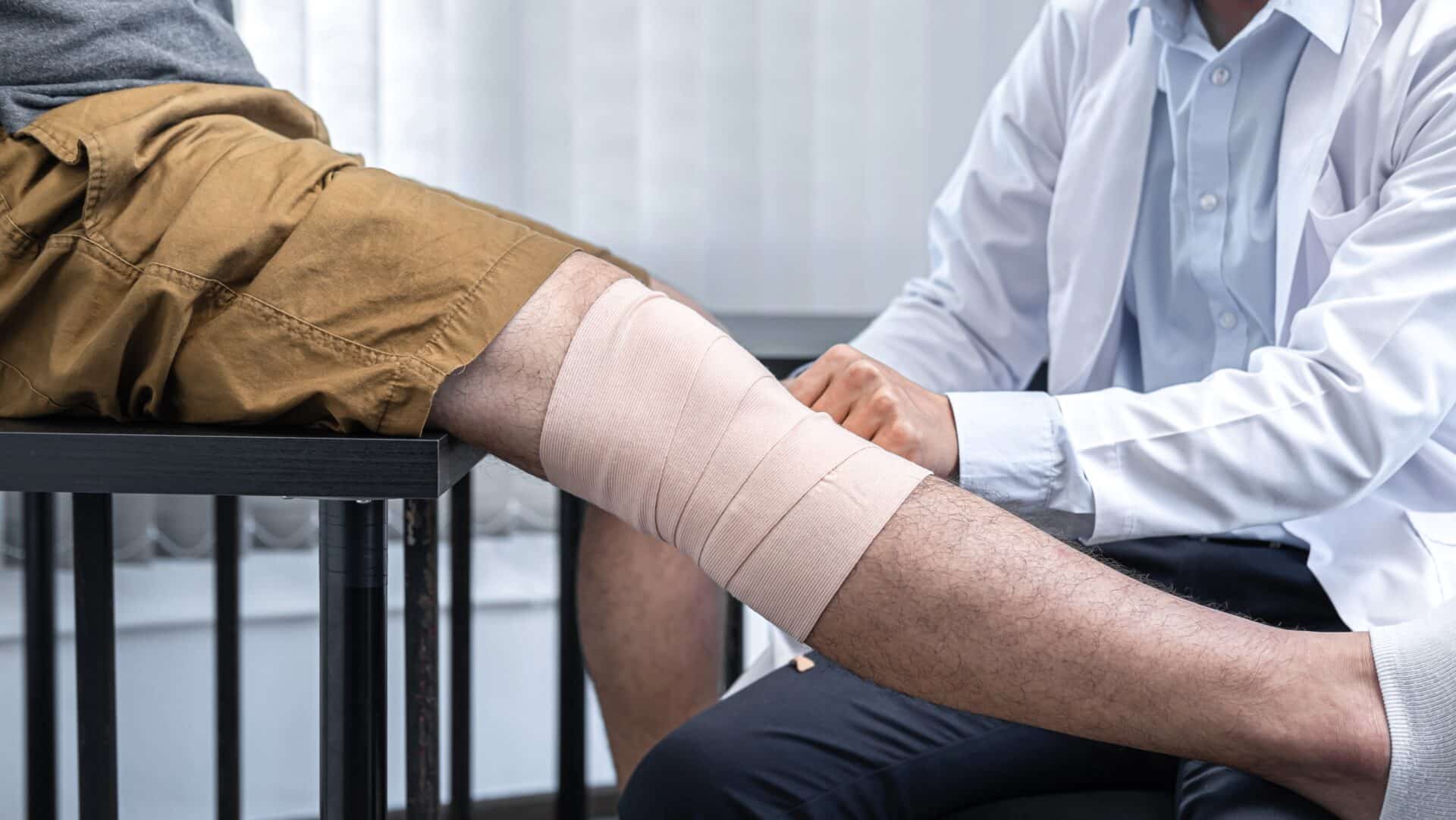Hip pain is a prevalent issue among veterans, often arising from various medical conditions, including hip strain, hip arthritis, femoroacetabular impingement syndrome (FAI), and more. Leah talks about hip pain secondary to knee injuries in the context of Veterans Disability.

Understanding Hip Pain
Before exploring the link between hip and knee conditions, it’s crucial to grasp the diverse medical conditions that can lead to hip pain. Whether it’s hip strain, arthritis, FAI, or other hip-related issues, veterans may find themselves seeking service connection for their hip ailments.
Primary vs. Secondary Service Connection
Service connection for hip pain can occur either on a primary or direct basis, where the injury to the hip happened on active duty or in the line of duty. On the other hand, veterans can also be service-connected on a secondary basis. This means that if another service-connected condition has caused or worsened the hip disability, it can be considered for service connection.
Hip Pain as a Result of Knee Injuries
The connection between hip and knee conditions becomes particularly significant in cases where a veteran is service-connected for knee issues, and subsequently develops hip pain. This relationship often arises due to the compensatory mechanisms the body adopts when dealing with an injury. For instance, when one side of the body is affected, individuals may unintentionally shift their weight to the other side, potentially leading to hip discomfort.
Personal Experience and Literature Review
To illustrate this point, Leah Bucholz shared her experience. After breaking her left foot, she noticed increased hip discomfort on the opposite side due to the altered weight-bearing pattern.
Supporting this perspective, several medical studies shed light on the correlation between knee and hip conditions. For example, an article titled “Effects of Knee Osteoarthritis on Hip and Ankle Gait Mechanics” explores how knee osteoarthritis can impact the mechanics of the hip and ankle joints. The study emphasizes the interconnectedness of these joints as they operate in a kinetic chain during walking.
Another noteworthy article published in the National Center for Biotechnology and Information in 2011 discusses the significant association between hip pain and chronic knee pain, specifically focusing on patients with patellofemoral pain syndrome. This study highlights the influence of hip issues on individuals with knee problems, showcasing alterations in gait mechanics.
Establishing Service Connection
When seeking service connection for hip pain secondary to knee injuries, it’s essential to provide any relevant medical evidence supporting the causation or aggravation between the two conditions. The kinetic chain theory, which posits that the impairment of one joint can affect subsequent joints due to their interconnectedness, serves as a foundational concept in this context.
Veterans can use relevant literature, such as the mentioned articles, to support their claims. Discussing these findings with their primary doctors and presenting the information during the disability claims process can strengthen the case for service connection.
Conclusion
Hip pain secondary to knee injuries is a complex but often recognized aspect of Veterans Disability. By understanding the relationship between these conditions, veterans can navigate the claims process more effectively. Obtaining professional legal assistance from a Veterans Service Officer, accredited claims agent or attorney can be helpful in many circumstances. Utilizing medical literature, engaging with healthcare professionals, and staying informed about disability ratings are essential steps in establishing service connection for hip pain in the context of knee injuries.
Also read: What to Expect in a Shoulder Pain C&P Exam
At Prestige Veteran Medical Consulting, a veteran-owned company, we specialize in Independent Medical Opinions (IMOs) known as Nexus letters.
Our purpose is to empower YOU, the veteran, to take charge of your medical evidence and provide you with valuable educational tools and research to guide you on your journey.
Understanding the unique challenges veterans face, our commitment lies in delivering exceptional service and support.
Leveraging an extensive network of licensed independent medical professionals, all well-versed in the medical professional aspects of the VA claims process, we review the necessary medical evidence to incorporate in our reports related to your VA Disability Claim.
Prestige Veteran Medical Consulting is not a law firm, accredited claims agent, or affiliated with the Veterans Administration or Veterans Services Organizations. However, we are happy to discuss your case with your accredited VA legal professional.













